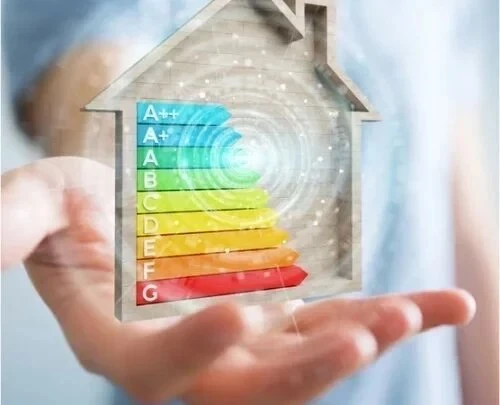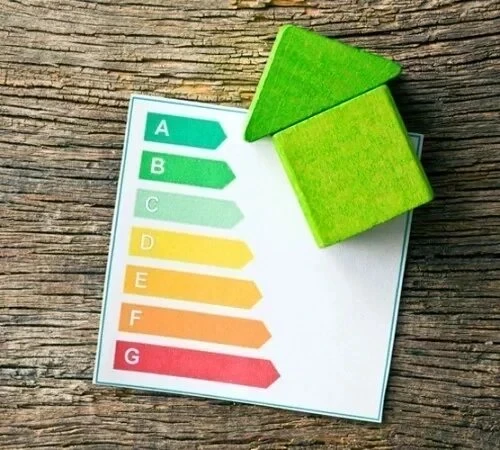A Complete Guide to Energy Performance Certificates (EPC) and Their Validity
The short answer to the question ‘Do EPC certificates expire?’ is yes, they do. An EPC certificate in England and Wales is valid for ten years from the date it was issued. After this time, you need to have a new EPC certificate check performed by an accredited auditor, who will then be able to issue you with a new certificate that is valid for another ten years. However, there may be some circumstances in which it is a good idea to obtain a new certificate before the old one has expired:
If none of the above applies to you and you have an EPC for every property you own that was issued less than ten years’ ago, you don’t have to worry about applying for a new one at this moment in time.
Whilst the majority of properties for rent or sale in England and Wales need a valid EPC certificate, this is not always the case. No certificate is currently required for any of the following types of properties:
The regulations for some of the above-mentioned properties may be subject to change at a future date but at the time of writing, there is no need to obtain a valid EPC for any of these property types.

If you have established there is a legal requirement for you to obtain an EPC for your property but you are still not sure exactly what an EPC is, please don’t worry. In this section, you will find out everything you need to know about Energy Performance Certificates.
An EPC, or Energy Performance Certificate, is a certificate that is issued to owners of a property after the property in question has been inspected by an accredited assessor. It includes details of the energy usage for that property as well as an official energy efficiency rating.

There are currently three main types of EPC:
DECs were created to make it easy for anyone to see how much energy a public building uses, with details of the last 2 years' energy consumption and a comparison with other similar types of public building.
Both domestic and commercial EPCs contain a lot more information than DECs, including the following:
All of the information contained in a domestic or commercial EPC is designed to make it easy for prospective buyers or tenants to accurately assess the energy efficiency of the property in question.
On this date, the minimum energy efficiency standards for commercial and residential properties that the owners wished to let were changed. From that point on, every such property needed to achieve a minimum energy efficiency standard (MEES) of E. In other words, all buildings with a rating of F or G could no longer be let, at least not legally.
From 1st April 2020, the changes introduced two years previously now also applied to existing rental and lease contracts, not just to new ones.

Energy efficiency remained a hot topic in 2022 and although no new regulations were introduced, there was much discussion about the changes coming in 2023 and 2025.
On April 1st 2023, all commercial properties will need an EPC certificate with a rating of E or better if they are being leased. While this is already the case for commercial properties that the owners wish to lease to a new tenant, the rule will also apply to properties with existing leases as of April 2023.
A number of changes are slated to be introduced in 2025 for any properties that are let or leased:
The scope of the PRS (Private Rented Sector) Exemptions Register will also be expanded in 2025, with the aim of making it a comprehensive property compliance and exemptions database for the private sector.

EPC expired before completion of property purchase – what can I do?
In such a case, it is the responsibility of the seller to obtain a new certificate.
EPC expired during tenancy – do I need a new one?
Legally, the rules only apply when you are marketing your property to new tenants, not for existing tenancies.
If you have any questions of your own or you’d like to make an appointment for a fully accredited domestic energy assessor to visit your property, please feel free to contact us now. We offer a professional EPC service across the country.